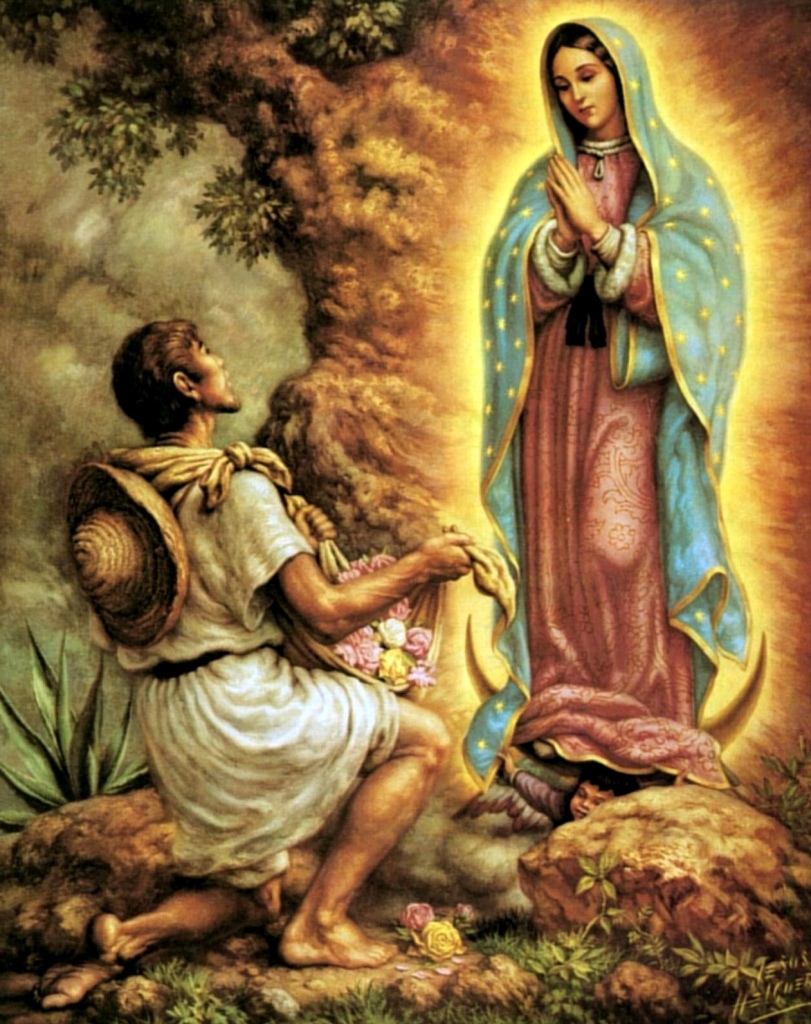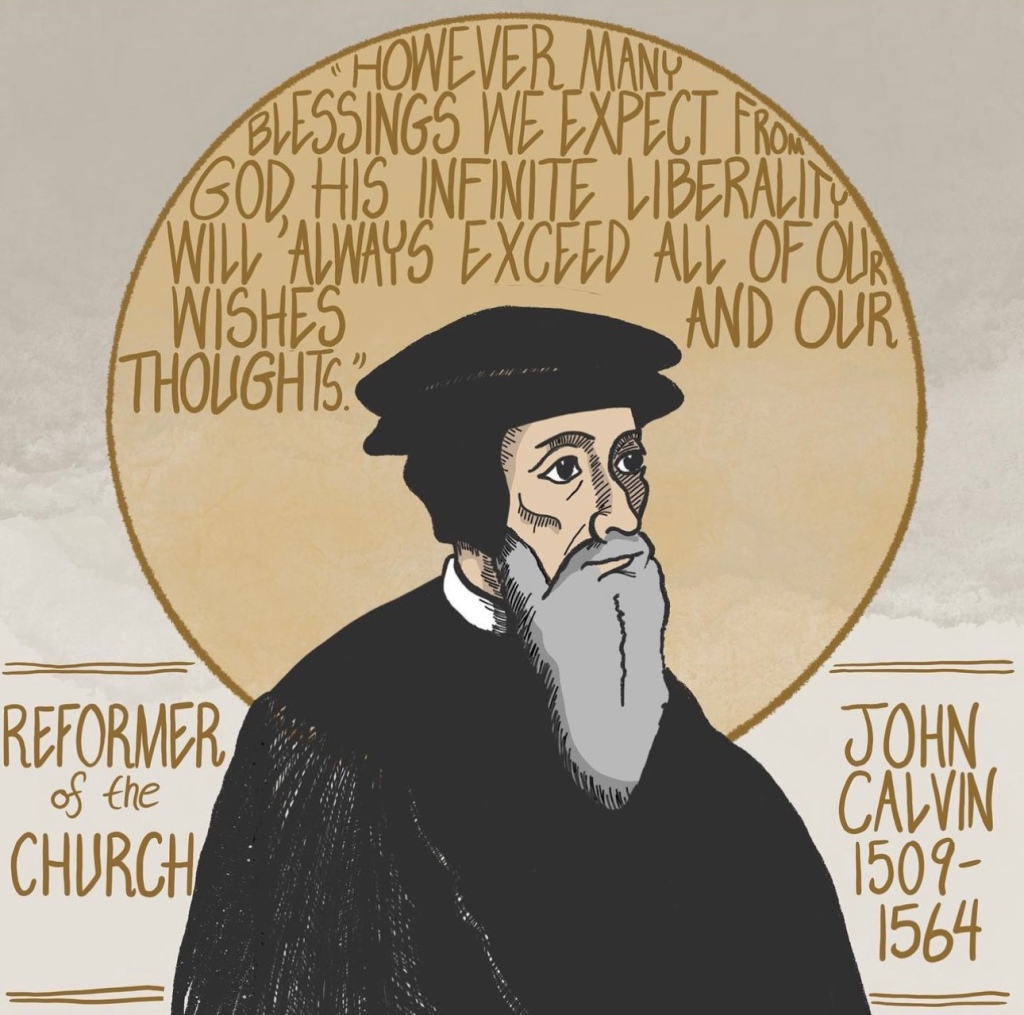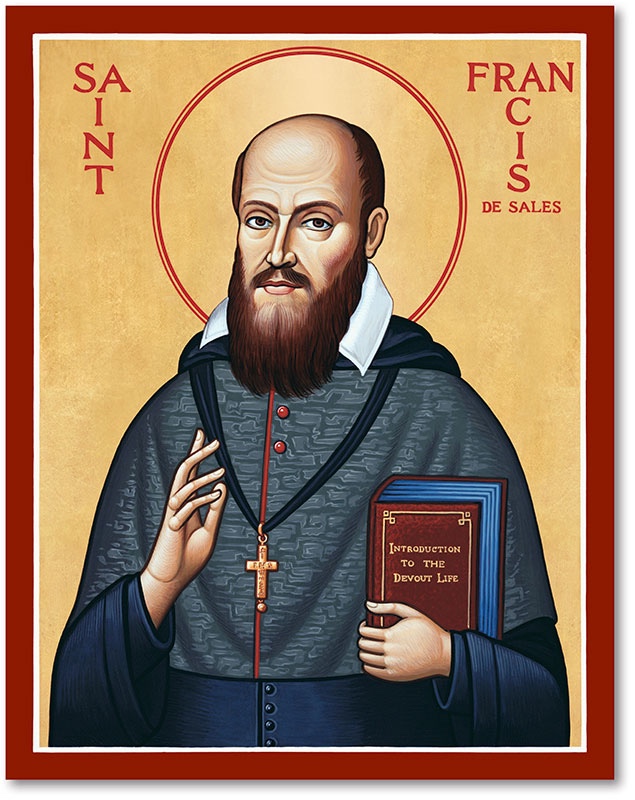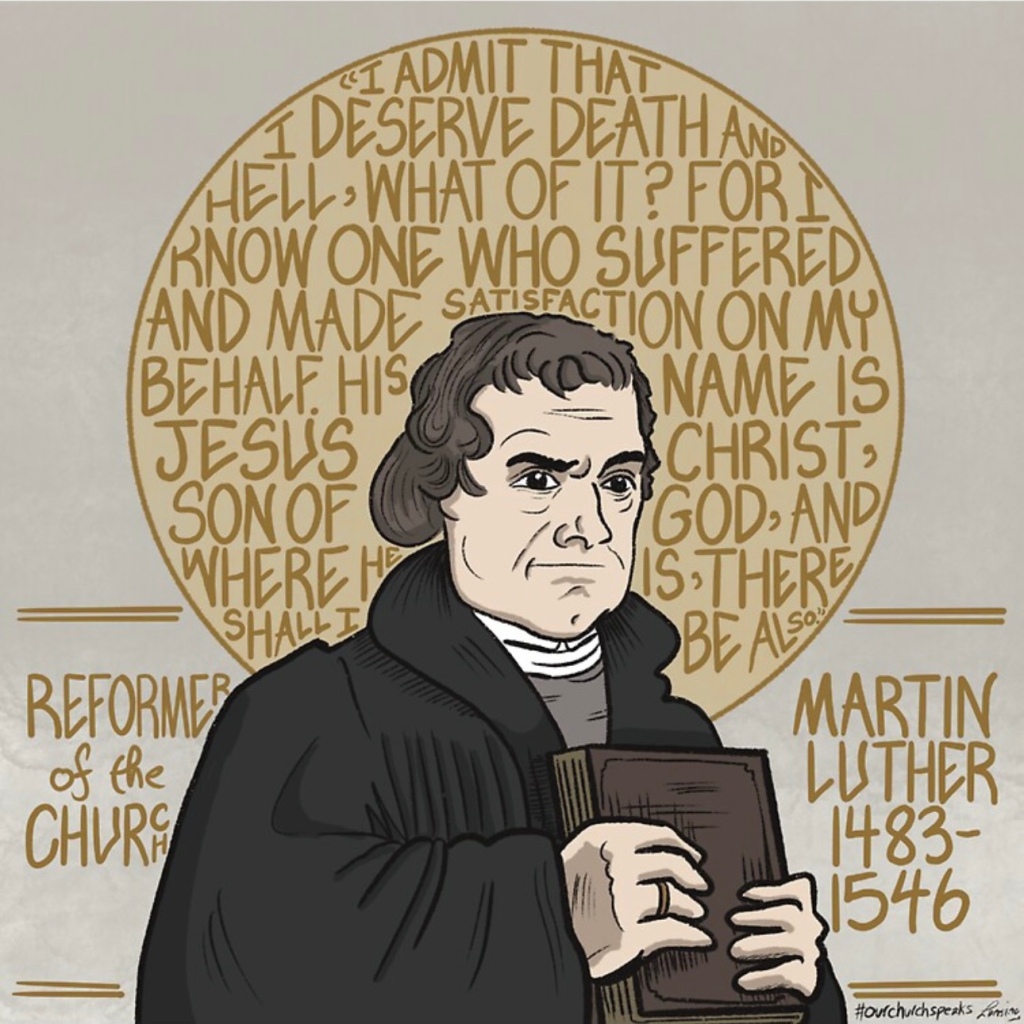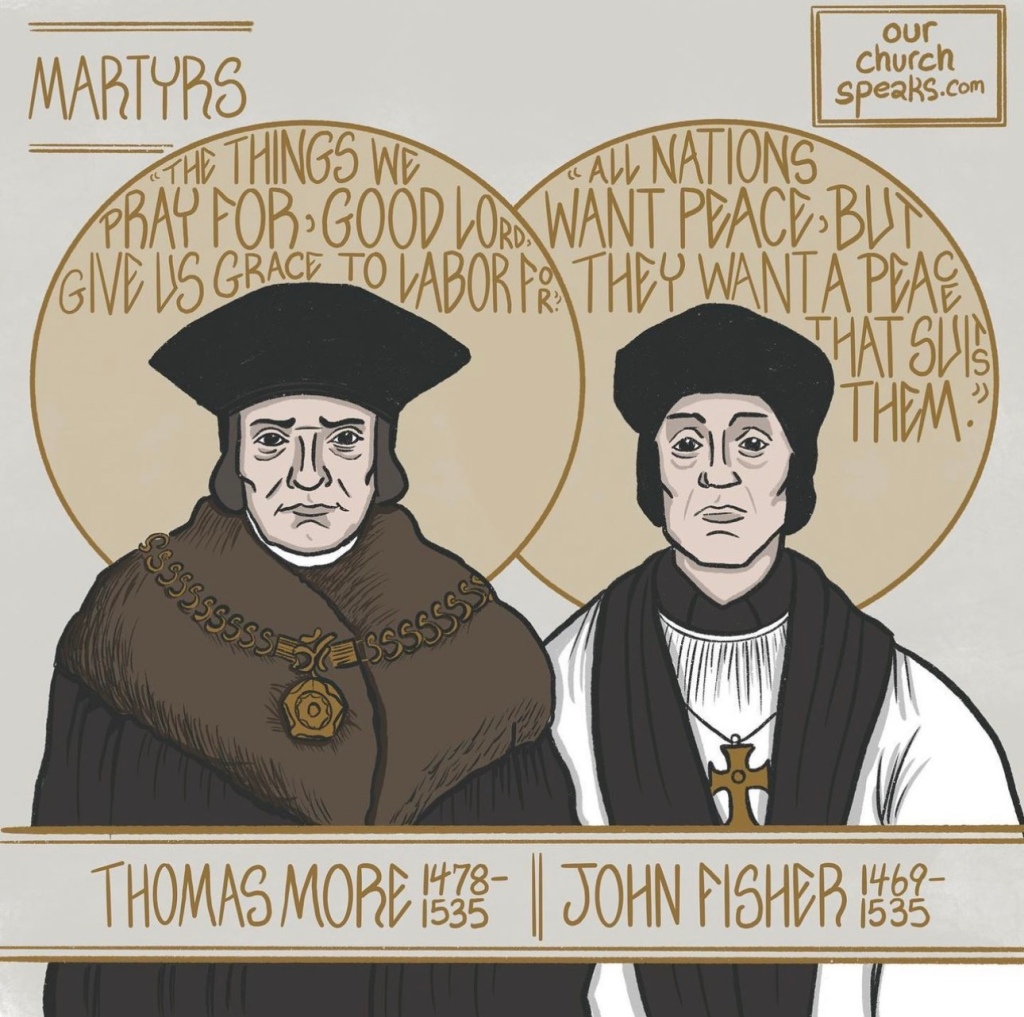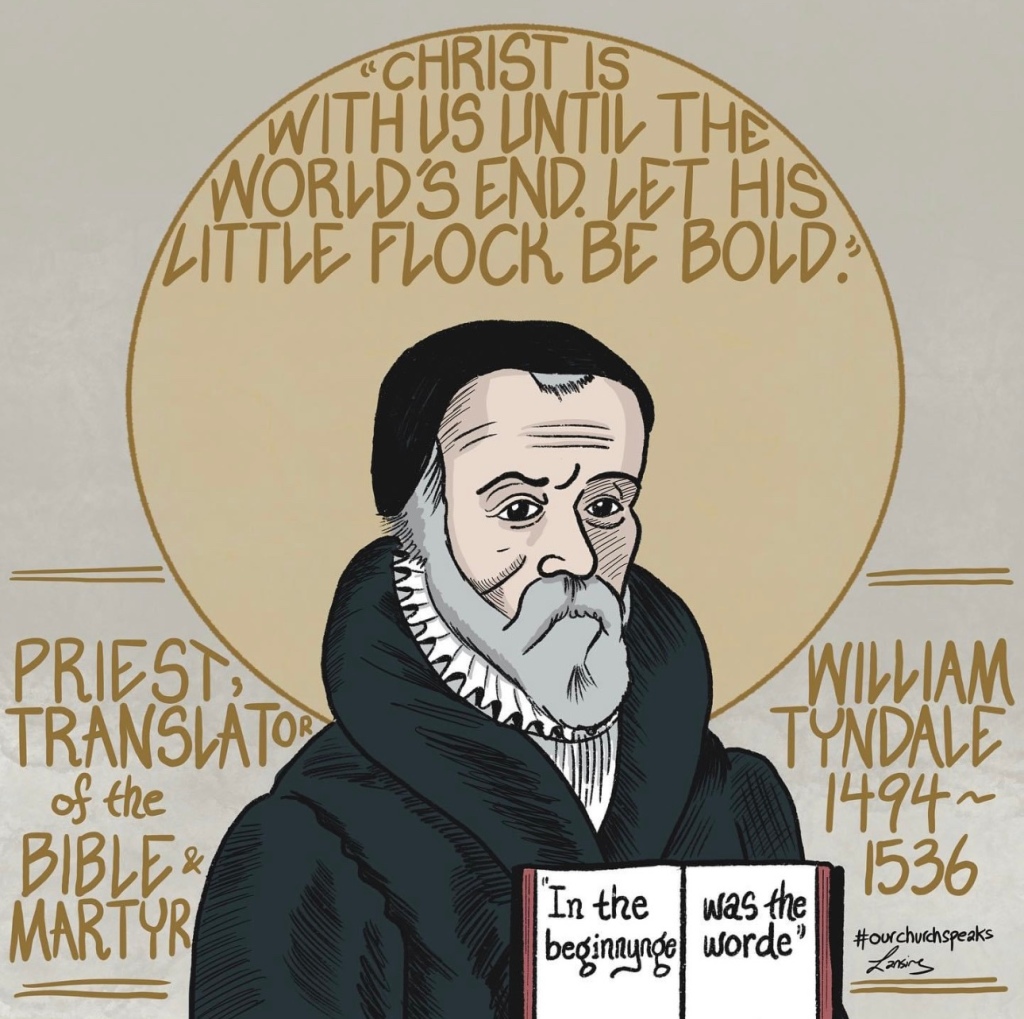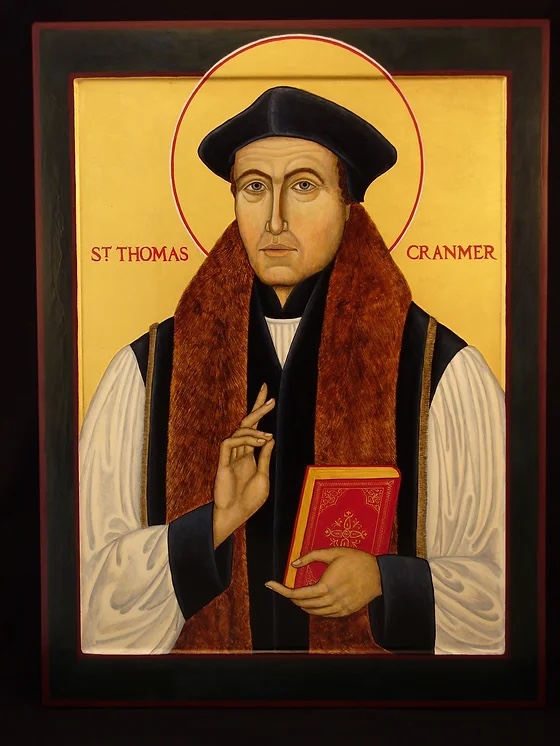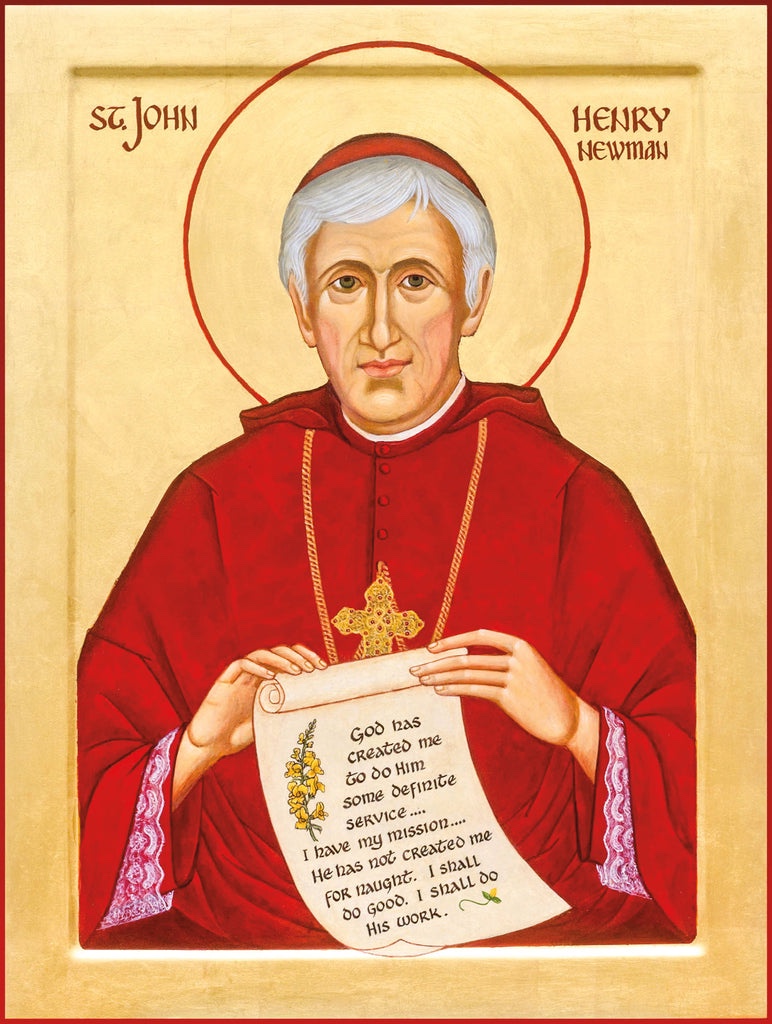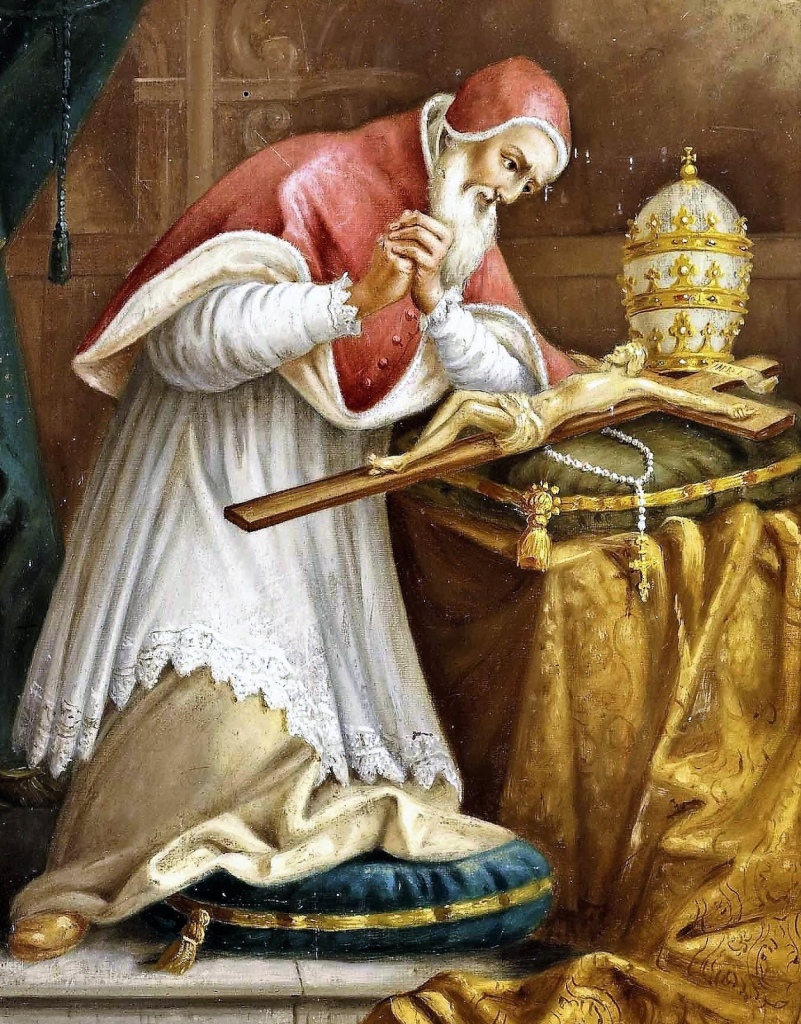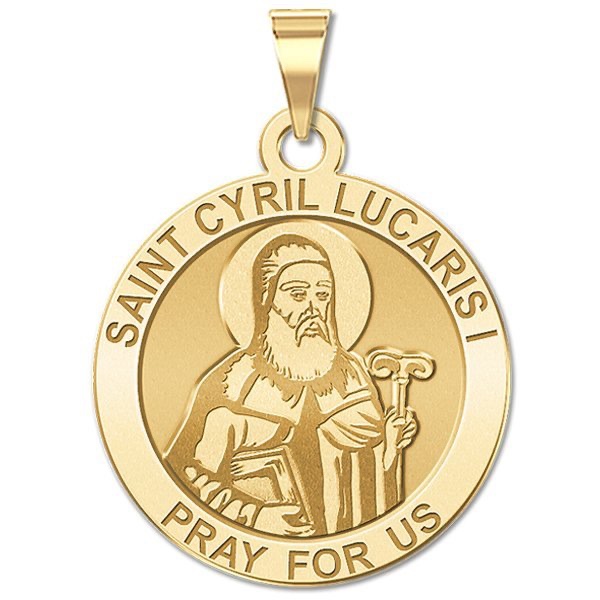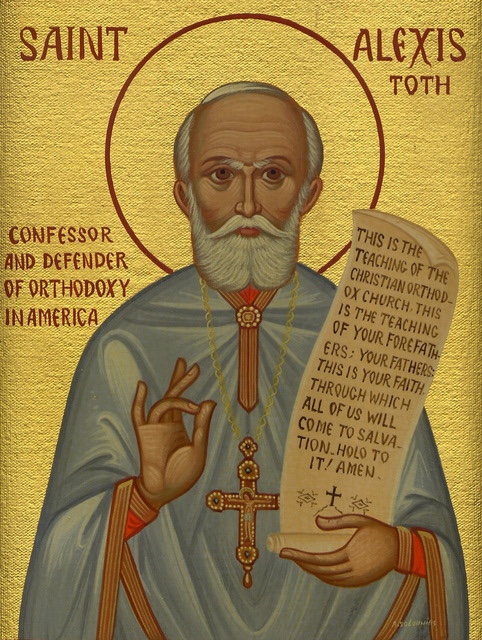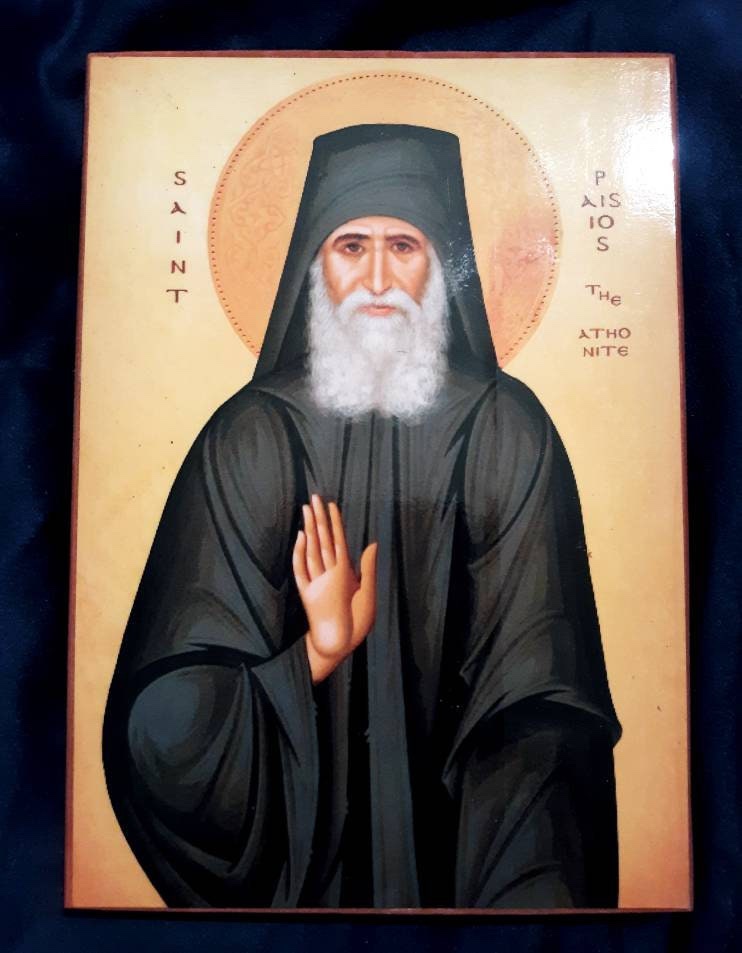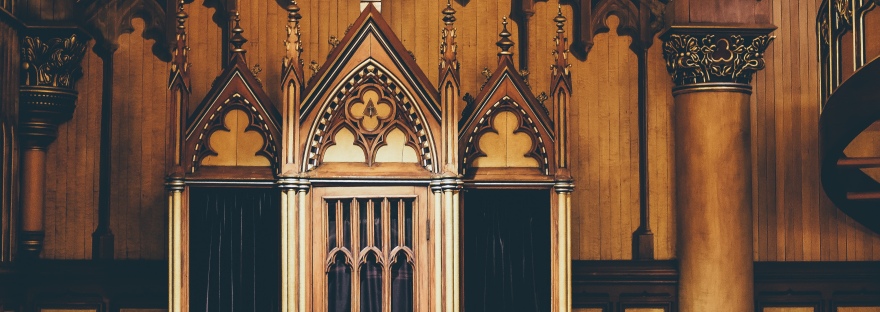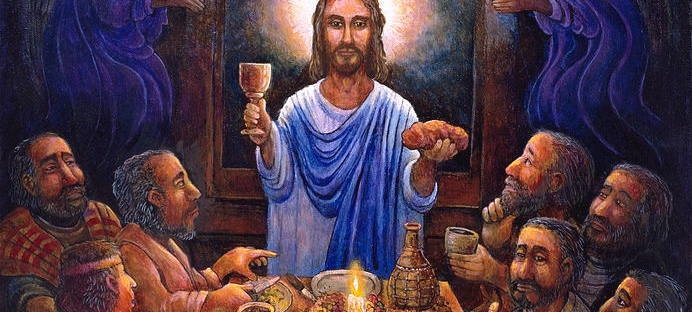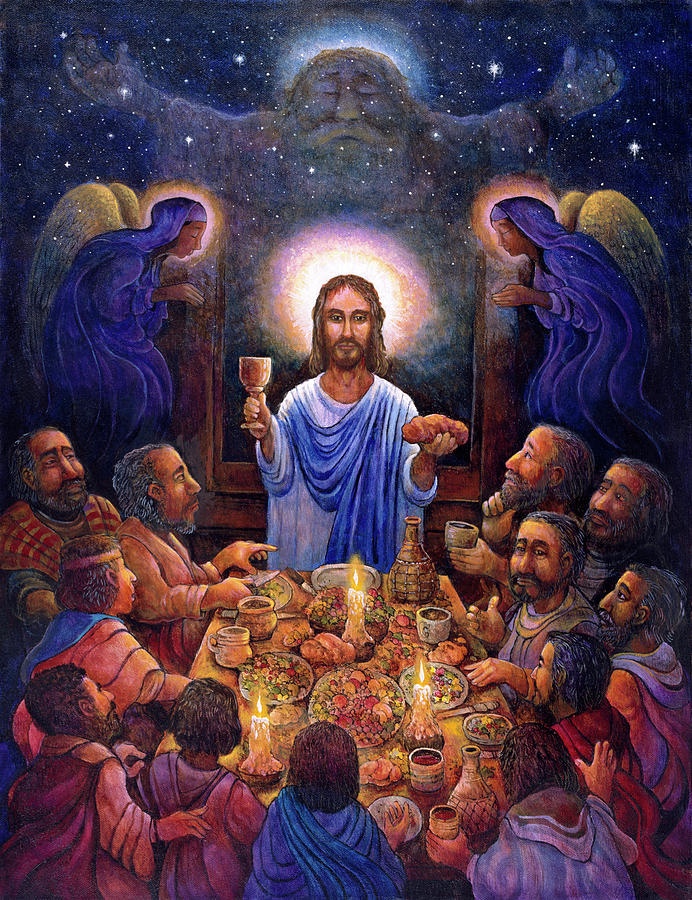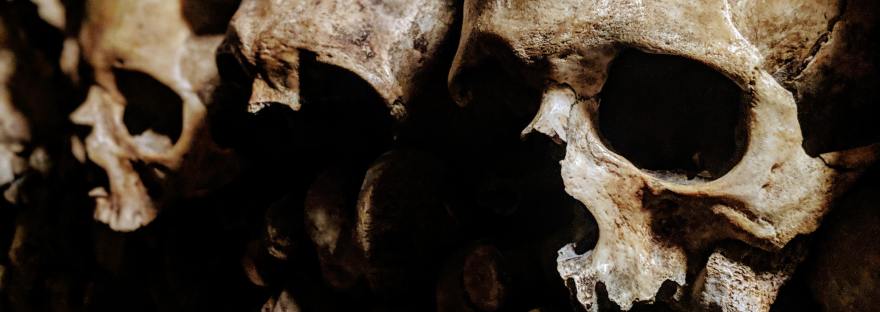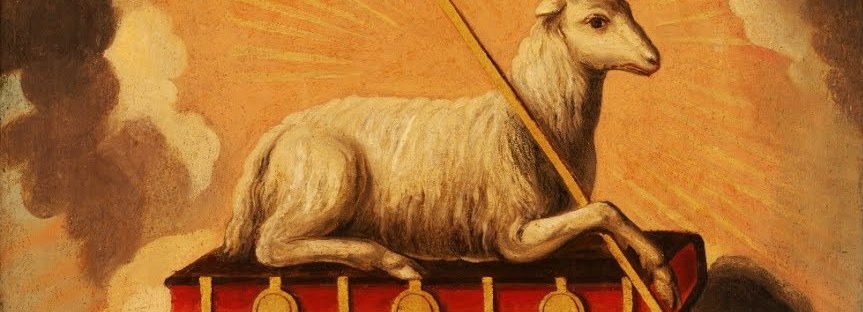Do you know the story of the miraculous image of Our Lady of Guadalupe? The following meditation is from the Daily Rosary Meditations Podcast (https://schooloffaith.com/rosary-archive/guadalupe).
The feast day of Our Lady of Guadalupe is celebrated by Catholics, Anglicans, Lutherans, and other Christians.
One
Story of Our Lady of Guadalupe
In 1519, the Spanish explorer Cortes sailed to Mexico and there he found the Aztec people enslaved to a culture of death, literally a cult of human sacrifice. The Aztecs worshiped demonic spirits represented by the “serpent god” under the sign of the Crescent Moon and the “god of war” under the sign of the Sun. The Aztecs believed both demanded human sacrifice. The Aztec priests offered to their gods every year at least 50,000 men, women, and children, in human sacrifices. They sacrificed 80,000 in 4 days in 1487 and 1 out of every 5 children were sacrificed.
The Spanish witnessed this with their own eyes and wanted to flee.
Cortes became convinced he was sent by God to put an end to the human sacrifice. So, he sunk his ships, leaving his men no option but to fight their way into Mexico City and put an end to this evil occult, which they did in 1521.
Franciscan missionaries then came in 1524 but had little success with conversions because of the corruption of the Spanish, especially Nuno de Guzman, the President of the High Court in Mexico, who was the leader of a vicious tyranny that enslaved thousands of Indigenous Peoples shipping them to the Caribbean colonies.
In 1537 he was arrested for treason, abuse of power, and mistreatment of the indigenous inhabitants of his territories. He was sent to Spain in shackles. In 1530 the Bishop of Mexico City, Zumarrago, excommunicated De Guzman for his crimes. De Guzman then tried to assassinate the Bishop. The Mexican people lost 1/3 of their population to the smallpox brought by the Spanish and the Aztec Astrologers said it was the end of their world.
This was a culture that was impossible to convert to Christ. The situation seemed so hopeless that the Bishop wrote a letter to Emperor Charles V at the end of which he said, “If God does not provide a solution from His own hand, the land is about to be completely lost.”
Two
On Saturday, December 9, 1531, Mary appeared to 57-year-old Juan Diego as he was running to Saturday morning Mass and Catechism class which was nine miles away.
As he came to Tepayac hill he heard singing and saw a brilliant white cloud and a rainbow. A beautiful young woman appeared to him.
Juan Diego fell to his knees and the Woman spoke to him, “Know for certain, littlest of my sons, that I am the perfect and perpetual Virgin Mary, Mother of the True God through Whom everything lives. You must go to the house of the bishop of Mexico and tell him that I sent you and that it is my desire to have a Church built here.”
Juan went to the Bishop, but the Bishop did not believe him. As Juan Diego was returning home, Mary was waiting for him again at Tepayak Hill. He explained to Our Lady what happened. He begged Mary to send someone of more importance… “Because I am a nobody. I am a small rope, a tiny ladder, the tail end, a leaf…”
Our Lady answered, “I have many servants and messengers whom I could send But I have chosen you…Go and tell the Bishop that I, in person, the ever-virgin Holy Mary, Mother of God, sent you.”
Three
The Third Apparition, Sunday December 10th
Juan Diego went back to the Bishop. He asked for a sign, and on his way home, Mary again appeared to Juan. She assured him that she would provide a sign tomorrow, saying, “I will await you here tomorrow.”
Then, on Monday December 11th, Juan Diego’s uncle fell gravely ill with smallpox. Juan skipped his appointment with Mary to go and find a doctor who told Juan his uncle would die. Juan went to get a priest for Last Rites. On his way, he tried to avoid Tepayac hill. But Mary came down and intercepted him.
He explained about his uncle but she already knew because she was appearing to his uncle at that very moment, healing him (the Fifth Apparition)
Mary said, “Hear and let it penetrate into your heart, my dear little son (Mijito); let nothing discourage you, nothing depress you. Let nothing alter your heart or your countenance. Am I not here who am your Mother? Are you not under my shadow and protection? Am I not your fountain of life? Are you not in the folds of my mantle? In the crossing of my arms? Is there anything else that you need? Do not fear any illness or vexation, anxiety or pain. Let not the illness of your uncle afflict you because he is not going to die now of what he has in himself. Be sure that he will get well.”
Four
The Sign
Then she told Juan to climb the hill and there he would find the sign: Castillian Roses, a type of rose not yet introduced to Mexico, blooming in winter on a barren hill-side. Juan gathered up the roses and Mary arranged them in his tilma. She then tied it up around his neck.
Juan went back to the Bishop. When he untied it from around his neck in the presence of the Bishop and twelve other people in the room, the roses fell out, and the image of Our Lady of Guadalupe developed right before their eyes, like a photograph developing.
Everyone fell to their knees. The Bishop then placed the Tilma in his private chapel. Two weeks later, on December 26, 1531, the Bishop brought the Tilma to the main church by a procession. At the same time, a funeral procession bearing a young man who died from an arrow wound to the neck was coming into the city. When the two processions met and the Tilma passed by the dead man, he was instantly raised from the dead.
Five
Mary appeared to Juan Diego in 1531
She left a permanent indestructible sign, the Tilma, the cloak bearing her image. 10,000,000 Aztecs converted to Catholicism because they could read the Tilma.
This woman is greater than their Sun god of war, she is greater than their Serpent god under her feet, both of whom demanded human sacrifice. She is a queen, designated by the blue-green color of her robe. She is a virgin, signified by the parted hair, but she is pregnant, indicated by the maternity belt.
This woman was a queen, who was also a virgin yet she was pregnant.
Pregnant with whom? The four-petal jasmine flower over her womb told them she was pregnant with the One True God.
This woman is the Virgin Mother of the One True God. But she herself was not a god because she was praying to the One indicated by the black cross on her broch, Jesus Christ. He came to offer His life in sacrifice to put an end to all human sacrifice and set us free from slavery to sin, the devil, and death.
We all face things that make us feel like the Bishop before Mary appeared, that “If God does not provide a solution from His own hand, the land is about to be completely lost.” But we never have reason to despair and we have the greatest reason for hope because God and Our Lady of Guadalupe will come through for you just like they did for the Aztecs. So have confidence in Mary because as St. Louis De Montfort says: Nothing we entrust to Mary will be lost
